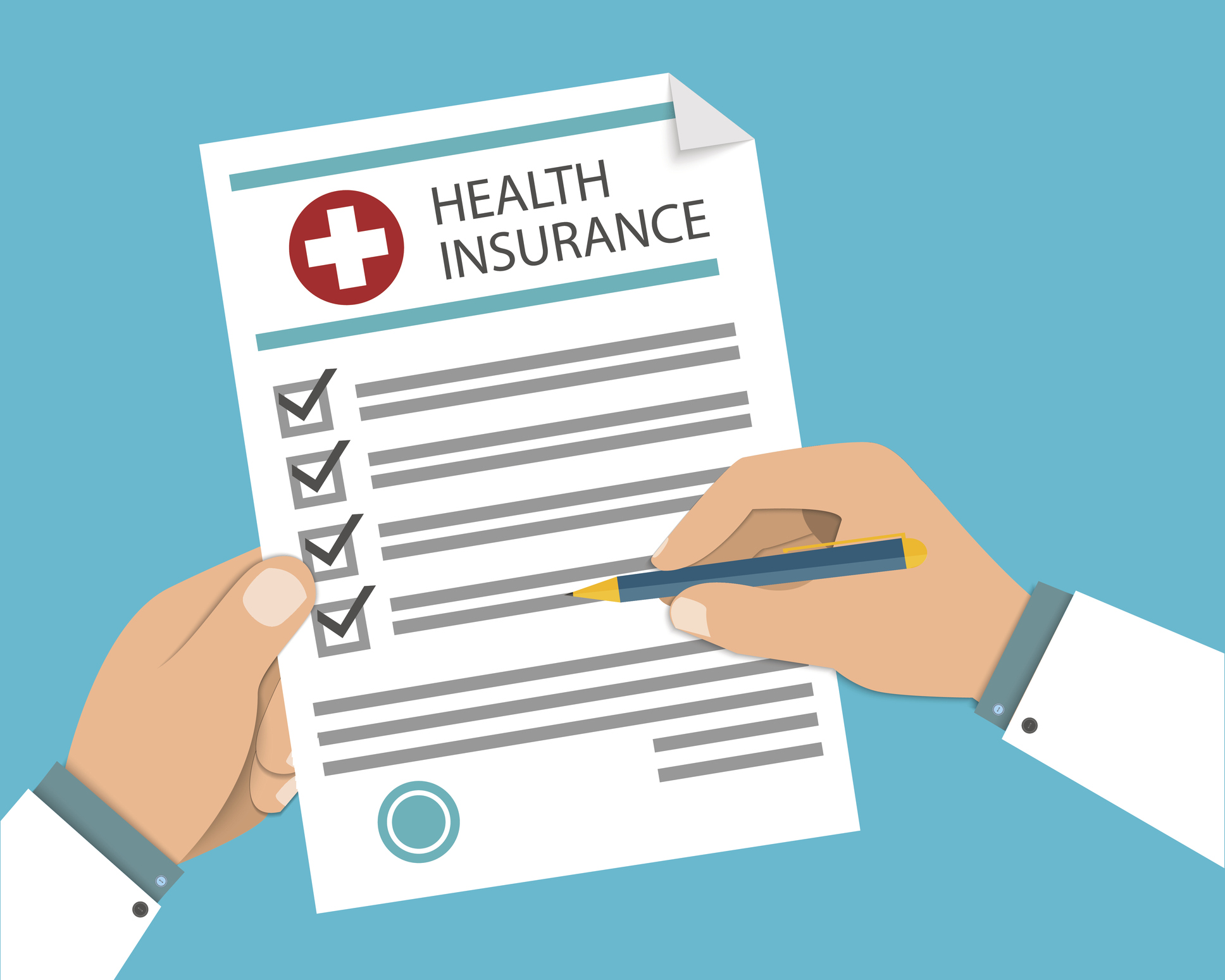
By Tiffany Stock
I really struggled with this post, trying to figure out what I could write about that would benefit you, our readers, but also be something I felt passionately about that we haven’t already posted. Then the light bulb came on – every day I talk with people about the best way to utilize their health insurance, the questions to ask, things to look out for so you can avoid unexpected charges and surprise bills from doctors and hospitals. And then I thought what about all the people I don’t talk to, such as those who don’t call or email me asking for advice prior to scheduling a surgery or procedure. So I decided to create a list of some common things to be aware of in hopes that it may benefit you in a future event. The reality is, I talk to consumers daily and try to spread awareness in this area, but research has shown that most people only remember 50% of a 10-minute presentation, and the next day that decreases to 25%, so highlighting this information in particular seemed valuable. For someone who isn’t “in” the health insurance world daily like myself and my colleagues, it can be difficult to navigate, know the right questions to ask, etc. So here is my attempt to give you a few helpful tips:
- Don’t be afraid to ask questions!
- It’s your health and, at the end of the day, you are ultimately responsible for any services rendered by a physician or facility regardless of whether you have health insurance. Don’t be afraid to ask for a quote – if you are in Anchorage, there is a Municipality Ordinance that requires compliance. Many states have similar requirements, so it’s worth asking wherever you go.
- Ask for the procedure codes (CPT) for whatever you need to have done. With that information, you can call your insurance company and verify if it’s a covered procedure. At the same time, if you have a price quote you can also ask if the charge is within the allowed amount set by your health insurance carrier and verify if the provider is in-network.
- If you are having a surgery, be sure to ask WHO will be present in the surgical room? Who will be billing you and your insurance for their services? This is hugely important – a lot of insurance carriers do not cover assistant surgeons, so that’s an area to watch out for. Also, if you will have an anesthesiologist present, you’ll want to be able to confirm that they too, are in-network with your health insurance carrier. I’ve seen a lot of people end up with out-of-network bills because their doctor and facility were in-network but the anesthesiologist was not.
- If your plan operates under a Preferred Provider Organization (PPO) arrangement, requiring you to use in-network facilities and providers to get the best overall benefit, this also applies to labs, imaging, prescriptions, and medical equipment. This last one is particularly important – if you are receiving a piece of medical equipment in a provider’s office setting, be sure to ask who will be billing you for that equipment. If it’s not an in-network doctor or facility, be sure to check if the medical equipment supply company is in-network as well – I myself ended up with $500 of out-of-network charges for a walking boot that was received in my in-network doctor’s office, but the supplier who billed for it was not in-network.
- Do your own research!
- If you need imaging (x-ray, CT Scan, PT Scan, etc.) done, it’s definitely worth shopping around. Prices vary amongst facility even when they are all in-network. Most imaging charges are subject to your deductible and coinsurance, so this affects the out of pocket dollars you spend. It can save you hundreds of dollars (I’ve even seen disparities for the same imaging of over $1,000) for the same service from facilities within miles of each other.
- Prescription Coverage
- I could write a whole post on prescription coverage, I’ll keep it short. In a recent study from CMS, data through 2016 suggests that prescription drug costs account for about 10% of all healthcare spending and that number is only expected to rise. Don’t be afraid to shop around for your prescriptions. The same exact prescriptions at different pharmacies and even the same chain but different locations can vary. This is especially important if you have a high deductible health plan (HDHP) that requires you to pay the retail cost of prescriptions until your deductible is met – every dollar counts! Even if you pay flat copays for your prescriptions, this is important in an effort to help keep healthcare spend in control – you may only pay $10 for that generic drug, but your health plan is paying the rest and every dollar spent effects the overall premiums that are paid for your plan each year.
These tips are not all inclusive, and I could probably go on-and-on, but at least this gives you a start. Be sure to know your resources, who can you call for questions on your health plan – use them before you seek care! This is how our office tries to help our clients every day. It is a lot easier to be proactive in these situations then it is to try and fix it after the fact.




